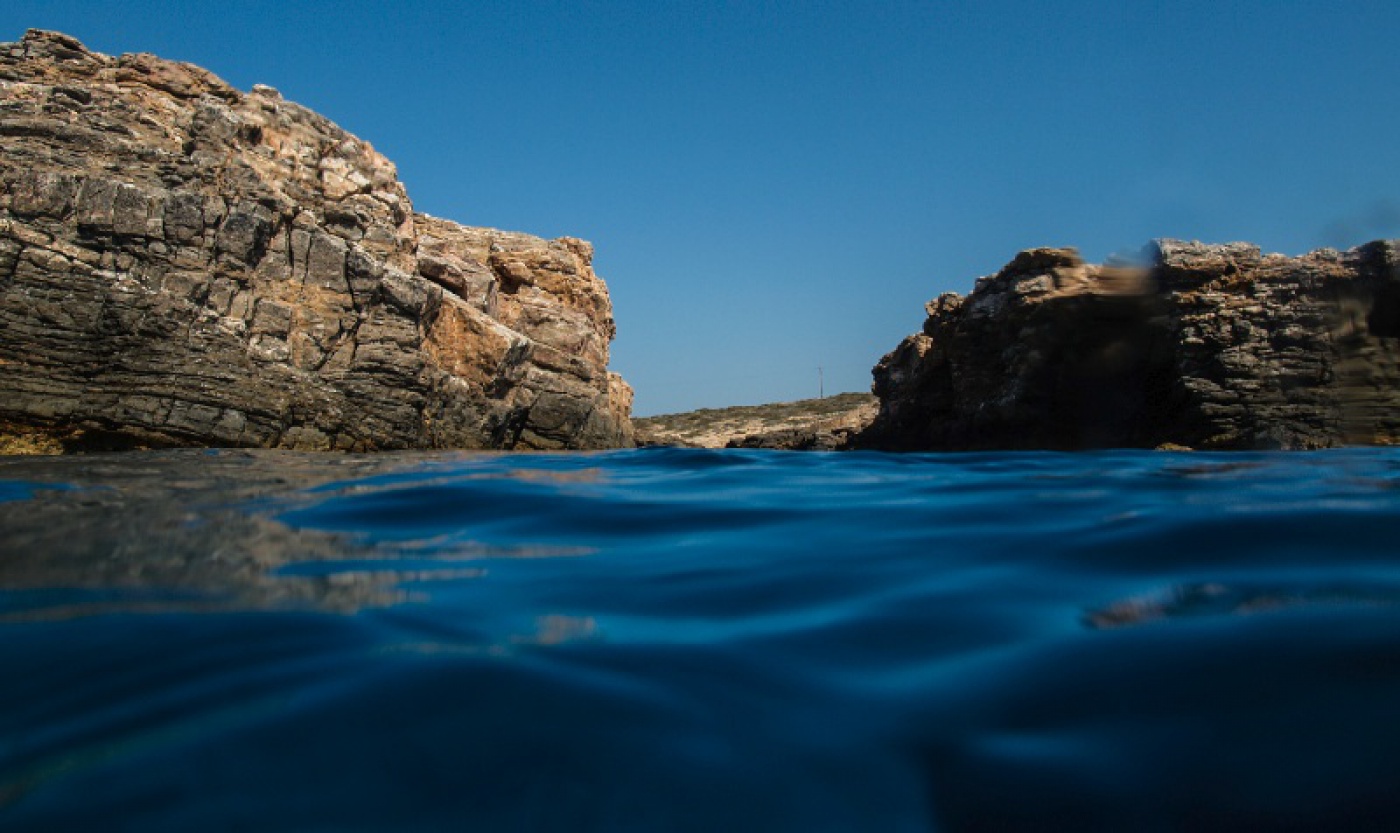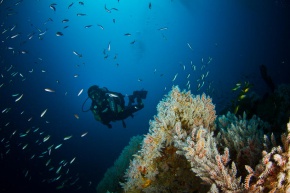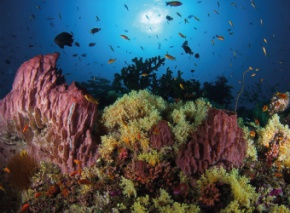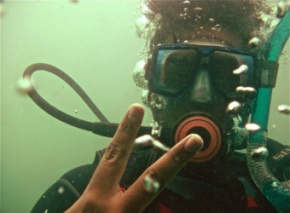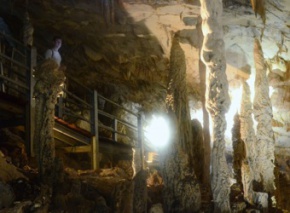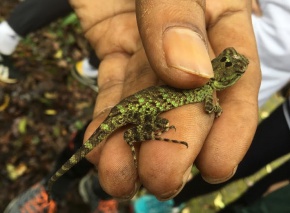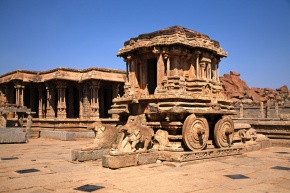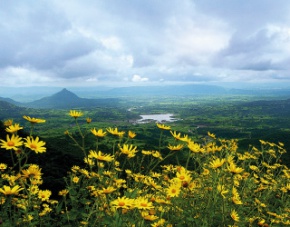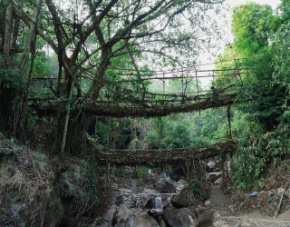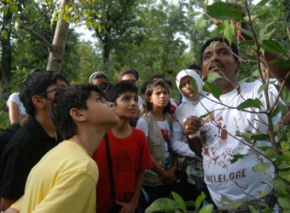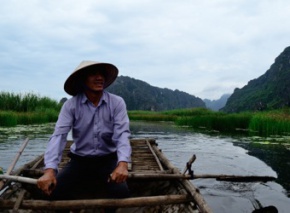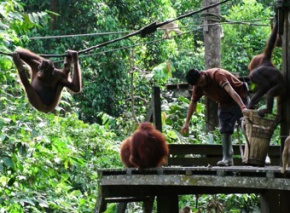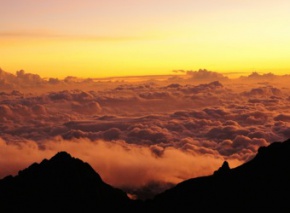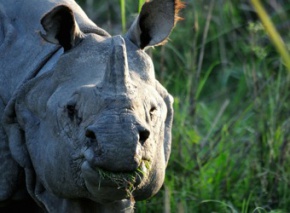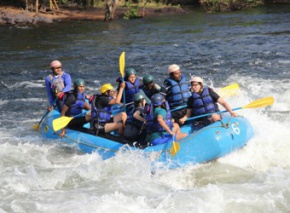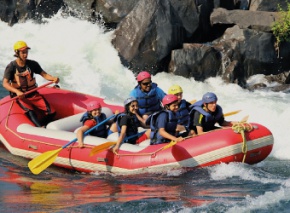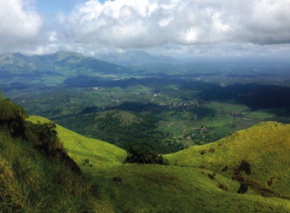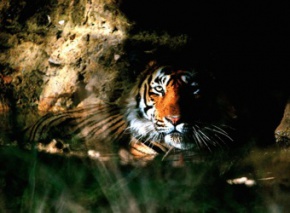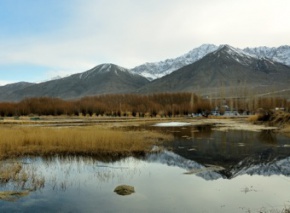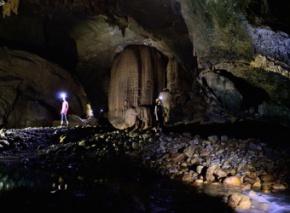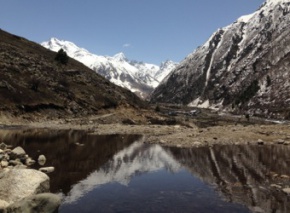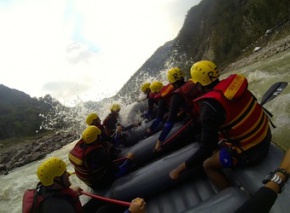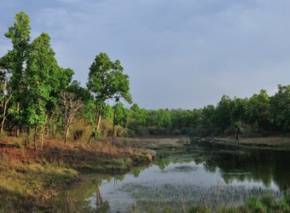
A trip to Greece should atleast be 4 night and 5 days so that it allows students to explore these activities curated for this module comfortably, with clear learning outcomes.
Given below are a few activities that can be conducted at this destination, along with the appropriate age group. Our forte is customisation, so feel free to select ONE, ALL or ANY combination of these activities to design a trip unique to your curriculum and experiential learning needs.
Step back in time to visit the foundation of European civilisation, explore the birth of democracy and discover some of the earliest surviving art in Europe.The students will discover how mild Aegean breezes refresh communities built among the remains of ancient civilizations and waves lap at the shores of fishing villages where traditional ways of life survive unchanged for centuries. From grand architecture to captivating archaeological sites, they will earn how the story of Greek civilisation is the story of its islands.
The Aegean sea is home to a bewilidering range of marine biodiversity as well as a repository of ancient treasures that can only be explored through scuba diving. Students will have the opportunity to dive into cerulean waters under the supervision of diving experts and explore marine ecosystems earning their Open Water Certification in the process. They will learn how to dive responsibly, observe behaviours of tropical reef fish, and understand the link between corals and ocean health, climate change and marine conservation.
A visit to the traditional Monastiraki Flea Market will provide students with the opportunity to explore antique and collectable shops, observe local culture and interact with the community. The diversity of this market is reflected in the varied crafts, jewellery, souveniers and pottery on display. A visit to the historic sites of Acropolis, and the Archaeological museum to be part of an exclusive volunteer program designed specially for the students, will help them learn about the history and cultural ethos of this region.
A ride through the Segway is a great way to explore these historial sites. A visit to The Port of Piraeus, the largest Greek seaport, will introduce students to Greece's maritime and trade history.
A visit to a typical Greek village will give students the opportunity to observe local customs and indulge in the local cuisine made from fresh locally sourced produce. A scenic trek to the Monastery of
Hozoviotissa, a 11th century archeological site, will introduce the students to local legends and culture.
An option to learn how to make traditional greek dishes in a culinary lesson can also be arranged. A workshop on traditional Greek music completes this exploration of the senses set in the unpralleled natural environs of Amorgos.
Minoan architecture consists of several structures, which acted as centers for commercial, religious, and administrative life. Archaeologists have unearthed in Crete a Minoan landscape filled with tombs, palaces, villas, towns and the roads that connected them. All evidence of a thriving prehistoric culture able to survive and expand in the Aegean sea.
The harbour at Katapola is one of the finest natural harbours in the Aegean Sea and the Cycladic region. Numerous sailing boats are anchoring here. The beach at Katapola is a perfect shade, creating by the trees spreading along the beach. Students will enjoy the experience of non-motorised sailing on the azure waters of the harbour which reduces the ecological impact of tourism activities on the natural environment.
CONSERVATION CONCERN
The forests, seas, wetlands of Greece are all unique ecosystems home to some amazing species such as seals, the loggerhead turtle, the Dalmatian pelican, jackals. Since 2010, when Greece officially entered a "crisis" status, they are daily confronted with new threats to the natural environment. New projects, large, expensive and unreasonable for the Greek economy and society, planned or accelerated combined with weak environmental protection legislation causes a grave threat to the ecosystems of the region.
Exploding tourism which is not always conducted sustainbly adds further pressure. We, at Jungle Lore Student Expeditions strive to work only with those grassroots partners who widen our vision for sustainable and reduced ecological impact tourism.

Related Destinations

Region: India
Active Modules: Marine Ecosystem Exploration, Life Skills Expeditions

Region: Sri Lanka
Active Modules: Marine Ecosystem Exploration, Project Based Trips

Region: Thailand
Active Modules: Marine Ecosystem Exploration, Service and Sustainability, Project Based Trips

Region: India
Active Modules: Marine Ecosystem Exploration, Project Based Trips, Service and Sustainability

Region: Borneo
Active Modules: Speleology Expeditions, Life Skills Expeditions, Service and Sustainability

Region: India
Active Modules: Terrestrial Ecosystem Exploration

Region: India
Active Modules: Life Skills Expeditions, Project Based Trips

Region: India
Active Modules: Terrestrial Ecosystem Exploration, Service and Sustainability

Region: India
Active Modules: Life Skills Expeditions, Service and Sustainability

Region: India
Active Modules: Speleology Expeditions, Life Skills Expeditions

Region: India
Active Modules: Terrestrial Ecosystem Exploration, Project Based Trips, Service and Sustainability

Region: India
Active Modules: Terrestrial Ecosystem Exploration, Project Based Trips, Service and Sustainability

Region: Vietnam
Active Modules: Life Skills Expeditions, Service and Sustainability

Region: Borneo
Active Modules: Terrestrial Ecosystem Exploration, Project Based Trips

Region: Borneo
Active Modules: Life Skills Expeditions, Service and Sustainability, Marine Ecosystem Exploration

Region: India
Active Modules: Terrestrial Ecosystem Exploration, Project Based Trips

Region: India
Active Modules: Life Skills Expeditions, Project Based Trips, Service and Sustainability

Region: India
Active Modules: Project Based Trips, Life Skills Expeditions, Service and Sustainability, Terrestrial Ecosystem Exploration

Region: India
Active Modules: Terrestrial Ecosystem Exploration, Project Based Trips, Service and Sustainability

Region: India
Active Modules: Life Skills Expeditions, Project Based Trips, Service and Sustainability, Terrestrial Ecosystem Exploration

Region: Vietnam
Active Modules: Speleology Expeditions, Life Skills Expeditions

Region: India
Active Modules: Life Skills Expeditions, Project Based Trips, Service and Sustainability

Region: India
Active Modules: Life Skills Expeditions, Project Based Trips, Service and Sustainability

Region: India
Active Modules: Terrestrial Ecosystem Exploration, Project Based Trips, Life Skills Expeditions
